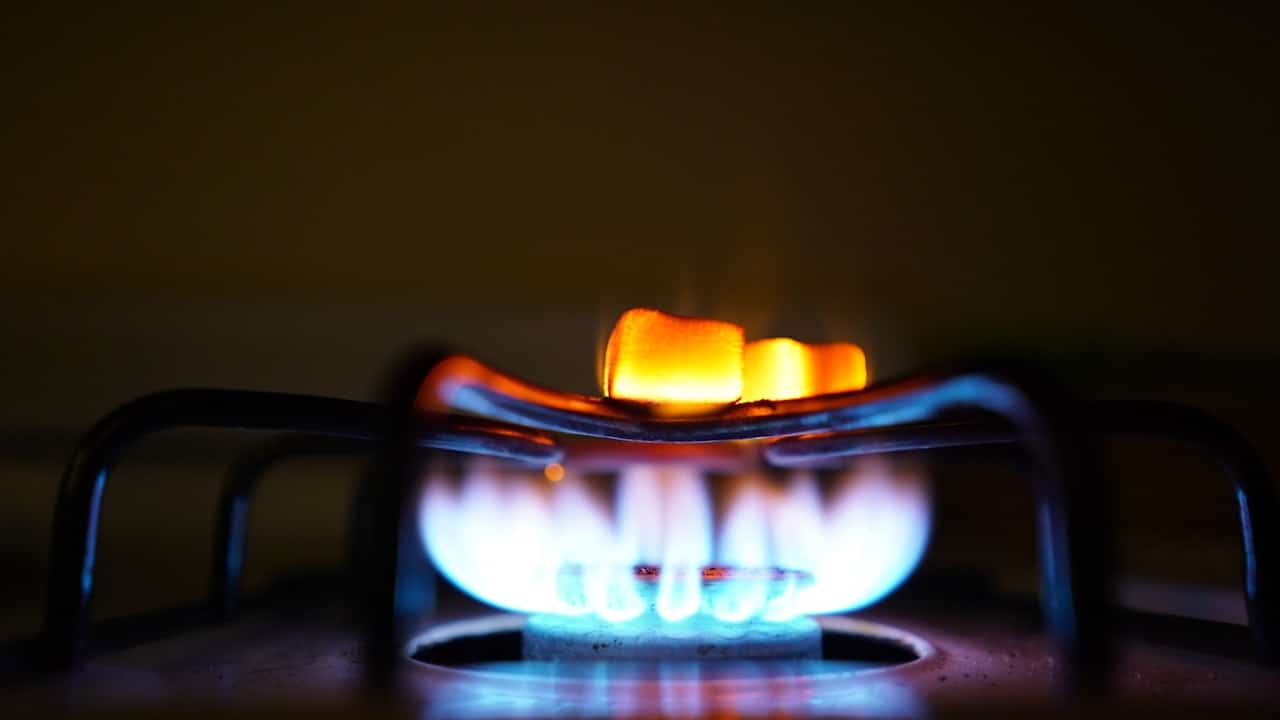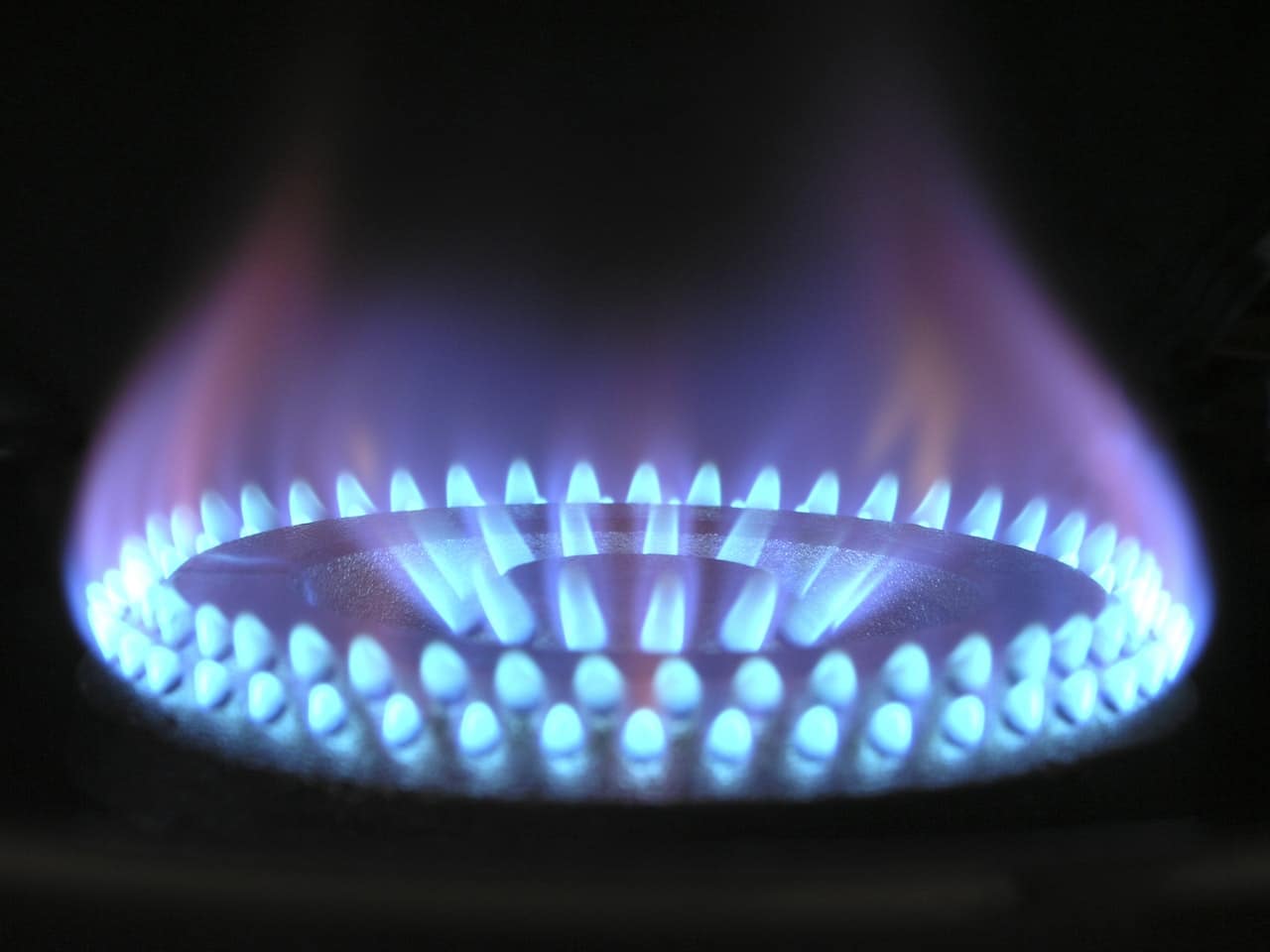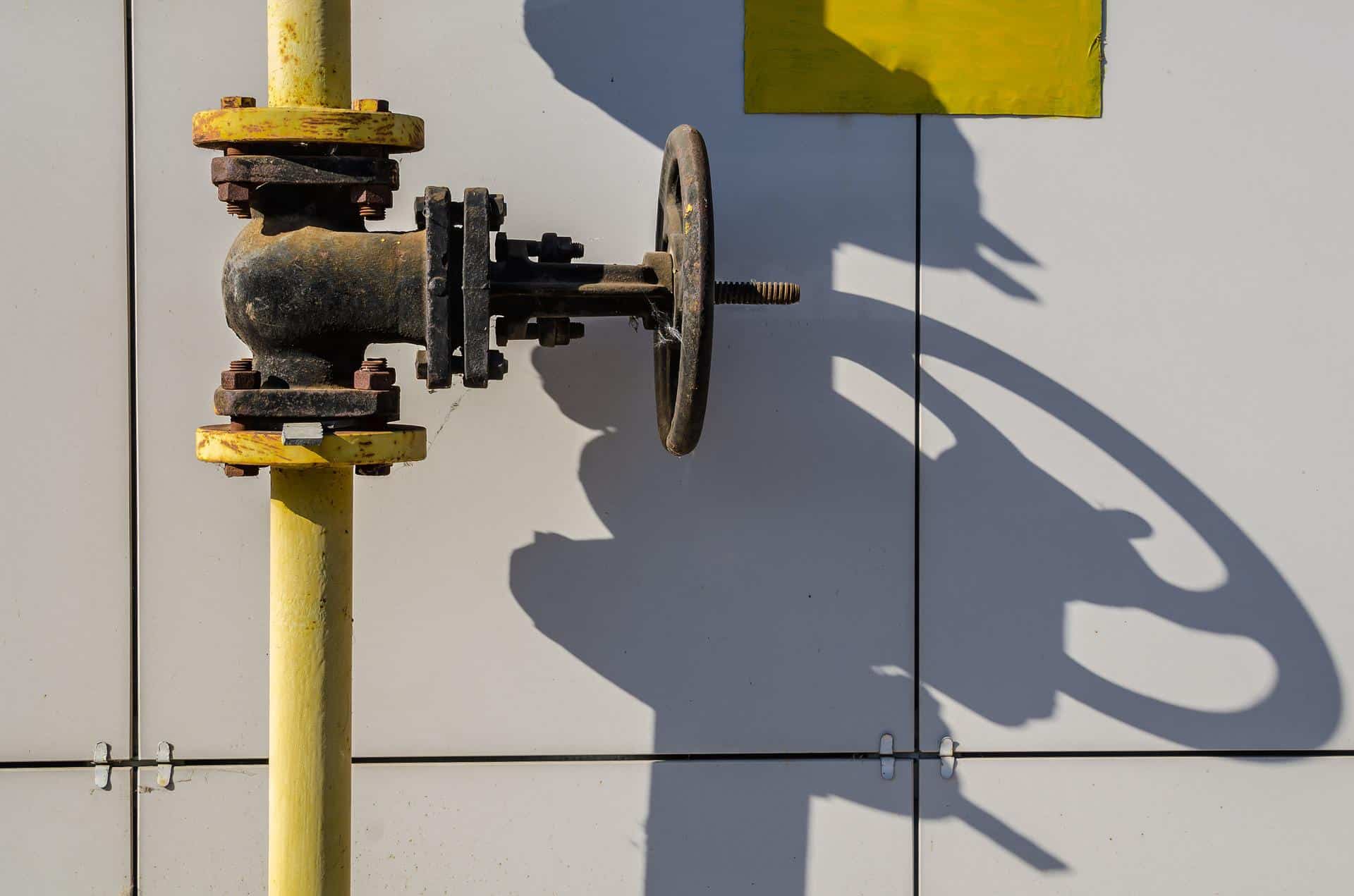Gas is a valuable resource in any home because it can be used for heating, cooking, and powering appliances. For this reason, every home is equipped with a gas line that runs from the street to the house. However, the tricky part with gas lines is moving them, especially during construction.
Gas lines are made to be durable and withstand a lot of wear and tear. However, they are not indestructible. Gas lines can be damaged during construction, which can be very dangerous. Gas leaks can cause fires and explosions, posing a significant safety risk to you and your family. For this reason, moving gas lines must be done by a qualified professional to ensure it’s done the right way. Few people know how this works, so we’ll discuss the details in this article.
How Gas Lines Work
Gas lines work by transferring gas from an outside source to your home, but it goes deeper than that. The gas comes from a facility that supplies the gas to your home through the gas line. A valve near the meter regulates the pressure in the gas line to toggle and control the pressure.
Gas lines are usually made of copper, steel, and iron. They are buried deep underground and typically found near the home’s foundation. If the pressure in the gas line gets too high, it can cause the gas to leak. This is extremely dangerous because gas is flammable and can cause fires and explosions. If this concern isn’t addressed, it poses a safety risk for all inhabitants.
The Moving Process
When starting to move a gas line, it must be done according to the procedure. First and foremost, the gas supply must be turned off, and the lines must be depressurized before any work can be done. Next, the old line must be disconnected from the gas meter, and the new line must be connected. The new line will be fitted through welding, threading, or flaring, which can secure the new line. Once done, the gas supply can be turned back on, and the new line can be pressurized.
Considerations When Moving Gas Lines
When moving gas lines, the following must be considered:
Condition of Existing Gas Lines
Before starting to move a gas line, the existing pipes must be inspected. This is to ensure that the pipes can still be used and check for any damages. If there are any damages, the gas line must be repaired before moving.
Length of the New Pipe
The new pipe must be long enough to connect the new location of the gas line to the main gas line. You must ensure that the new pipe is the correct length, as this can prevent gas leaks.
Relocation Distance
The relocation distance can determine the recommended method for relocating the gas line: the further the relocation, the more complex the relocation.
Type of Connections Used by Your Appliances
Your appliances may have different connections, possibly making the gas line relocation more difficult. Some appliances require high-capacity gas pipes, so you must ensure that your new gas line can accommodate these appliances.
Hiring the Right Plumber
A plumber is the best person who can work on moving your gas lines. However, you don’t just hire the first one you see because you must consider the following:
Experience
To ensure that the gas line relocation is done correctly, you must hire a plumber with experience. Not all plumbers work on gas lines, so you must ensure that the plumber you hire has experience in this field.
Licenses and Permits
Similar to experience, not all plumbers work on gas lines. You must find someone with the license and permits to work on them. It may take time, but the effort will be worth it.
Cost
Above all else, you must find a plumber who charges reasonably for the job. Take the time to get quotes from different service providers to ensure you get the best deal for your money’s worth.
Conclusion
Moving gas lines is never an easy job, but it’s a necessary one. If you’re planning to do a home renovation, you’ll need to hire a plumber to do the job. Safety matters in this job, so you must find a qualified person to do the job.
Candu Plumbing & Rooter provides top-quality services for gas line repair in Pasadena. We understand that plumbing emergencies can happen anytime, so our services are available 24/7 to ensure you don’t endure them any longer. Simply go to our website to book an appointment!





